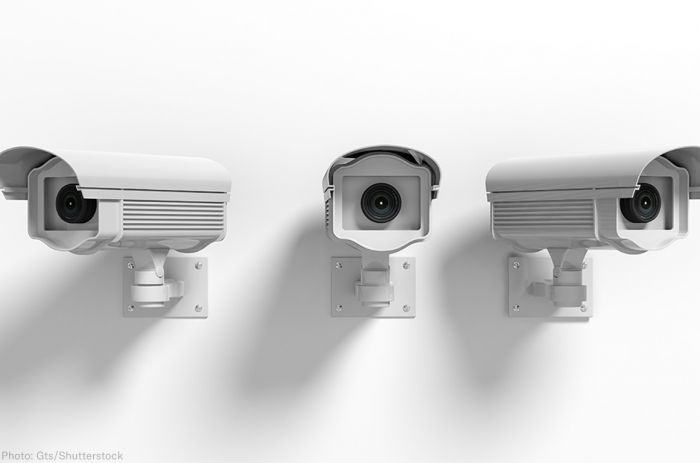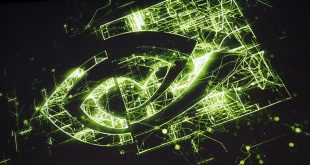A New York man was apprehended at the end of last year on the grounds that he was responsible for a string of thefts across a number of Apple Stores, but the charges were dropped almost immediately when it was identified to be a false arrest. Now, the victim has filed a $1 billion lawsuit that blames Apple's use of facial recognition software as the cause.
The first incident took place on May 31, 2018, when a thief was caught stealing $1,200-worth of items from an Apple Store in Boston. As is protocol, Apple recorded the details of the perpetrator via their ID, taking the name, address and other personal information of a Mr. Ousmane Bah. Little did the company realise, the thief was using a stolen ID with no photograph.
The real 18-year-old Bah only learned of the mix-up when he began receiving court summons in June, 2018 for the Boston burglary, according to the NY Post. He was then arrested by the NYPD on November 29 for a string of robberies across New Jersey, Delaware and Manhattan. A solid alibi of attending his senior prom in Manhattan cleared Bah of the Boston charges, with Delaware and Manhattan shortly following thanks to testimony from a detective that deemed the real perpetrator “looked nothing like” Bah within the footage.
The case is still pending in the state of New Jersey, which caused Bah to do some digging. Bah filed a lawsuit against Apple claiming that the only way the company could have linked him to the crime scenes in other states was if it programmed its facial recognition software to hunt the criminal down, either inviting a high margin of error or intentionally falsely identifying the thief’s face as Bah’s.
While the motivation behind this alleged act is questionable, Apple has repeatedly walked a fine moral line with the use of facial recognition technology in its stores. The lawsuit highlights this by stating that Apple’s “use of facial recognition software in its stores to track individuals suspected of theft is the type of Orwellian surveillance that consumers fear, particularly as it can be assumed that the majority of consumers are not aware that their faces are secretly being analysed.”
Apple has yet to address the accusations publicly, likely as it gears up its legal team for another battle.
KitGuru Says: It’s a strange case, but it wouldn’t be surprising to see Apple using its facial recognition technology to attempt to protect its stores. Most people would be right to debate the moral implications, but it remains to be seen whether Apple was in breach of any actual laws.
 KitGuru KitGuru.net – Tech News | Hardware News | Hardware Reviews | IOS | Mobile | Gaming | Graphics Cards
KitGuru KitGuru.net – Tech News | Hardware News | Hardware Reviews | IOS | Mobile | Gaming | Graphics Cards



